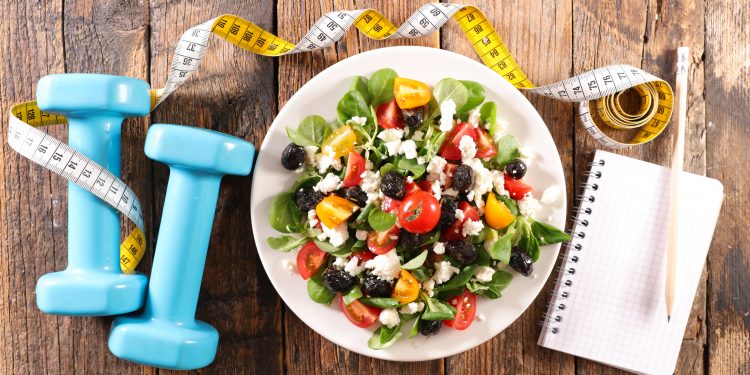Dr. Shane Steadman, DC, DACNB, DCBCN, CNS
According to the Anxiety and Depression Association of America (ADAA), anxiety disorders are the most common mental health disorder in the United States, affecting over 40 million people a year over the age of 18. They go on to say that anxiety disorders are treatable but only 36.9% of people receive treatment.
The many different types of anxiety include, but are not limited to, generalized anxiety disorder (GAD), social anxiety, phobias, post-traumatic stress disorder (PTSD), and obsessive-compulsive disorder (OCD). Many factors can cause or contribute to anxiety including stress, trauma, genetics and environment… to name only a few.
Anxiety involves an area of the brain referred to as the limbic center. The amygdala, the most talked about area of the brain, involves fear and anxiety. Other structures involved in the limbic center are the cingulate and the insular cortex. The frontal lobe is one of the main regulators of the limbic system and represents an inhibitory top-down control of these emotional centers.
When evaluating anxiety, it is important to look at the health of both frontal lobe structures and limbic structures. Most often, a disruption is seen between both of the higher cortical areas of the limbic center. The limbic center can be overactive and/or the frontal lobe can be underactive. A natural approach for support will include evaluating and understanding the functionality of the overall brain, specifically the higher cortical areas and the limbic center. Practitioners who specialize in this type of rehabilitation can provide a treatment plan that works toward reducing the dysfunction between the two systems.
Consideration needs to be made with the neuroendocrine and the neurochemistry aspect of anxiety. The inhibitory neurotransmitter gamma-aminobutyric acid, or GABA, can be decreased, leading to an increase in limbic activity as well as an increase in the excitatory neurotransmitter glutamate. There are mechanisms that can impact neurotransmitters. One example is the stability of glucose on GABA. Many have experienced this imbalance when they go without eating for a long period of time. The decrease in glucose can lead to a decrease in GABA and lack of inhibition to limbic centers. Another example is the impact of progesterone on GABA, which is often seen with fluctuation in hormones during a menstrual cycle and could explain the changes in mood at times during the cycle.
A stress response causing an increase in cortisol can activate limbic centers. This is widely discussed in the role of stress and PTSD. Therefore, an imbalance in hormones, blood sugar, and cortisol can lead to anxiety. A natural approach would be to stabilize blood sugar through proper dietary habits and stabilize and provide proper support of hormones, if needed, as well as stress management. Stress management can be via natural supplementation, counseling, exercise, mindful meditation, and much more.
Other neuroendocrine influences are neuropeptides, which can be found in the gastrointestinal (GI) system. Examples of neuropeptides include cholecystokinin (CCK) and Galanin. CCK is found within the GI system and the vagus nerve. CCK and galanin have influences into the limbic system, giving way to the brain-gut relationship.
Gastrointestinal disorders can cause or contribute to anxiety disorders. A natural approach would be to evaluate your own dietary habits and work on proper digestive support. This can be done with supplemental support such as l-glutamine, aloe, and DGL. Eating foods that cause inflammation will result in neuroinflammation and, potentially, increased anxiety.
It has also been clinically understood that there is no “one-size-fits-all” therapy. Many therapies have been developed over the years to address anxiety and the many subtypes, including natural approaches such as cognitive behavioral therapy (CBT), exposure therapy (ET), and eye movement desensitization and reprocessing (EMDR). They are offered by most licensed therapists.
Anxiety may seem like something easily treated but it is often difficult to manage. The intricate web of function and dysfunction is real, but working with someone who understands the intricacies, untangling the web can be successful.
Each individual is unique in their own struggles, genetics, trauma, environmental factors, and physiology. With proper evaluation and management, there is hope. The obstacle becomes finding a practitioner that has a holistic approach and willing to keep digging. The natural approaches to anxiety, such as working on blood sugar stability, stress management, and dietary habits may be simple but can be powerful. Working on the foundations can provide the ability for therapies and/or treatment to have a bigger impact.
Dr. Shane Steadman, DC, DACNB, DCBCN, CNS is the owner and clinic director of Integrated Brain Centers. To learn more about how we can help with concussions, stroke and TBIs, please visit www.integratedbraincenters.com. For a free consultation, please call 303-781-5617.











